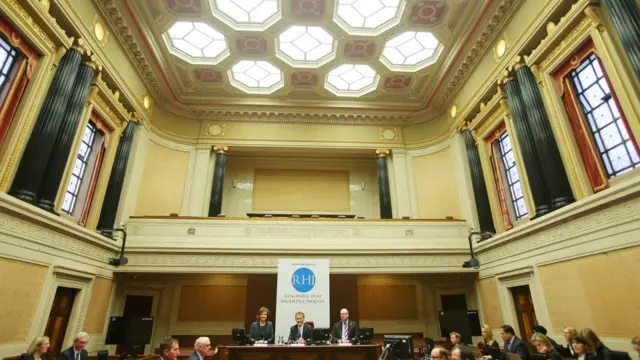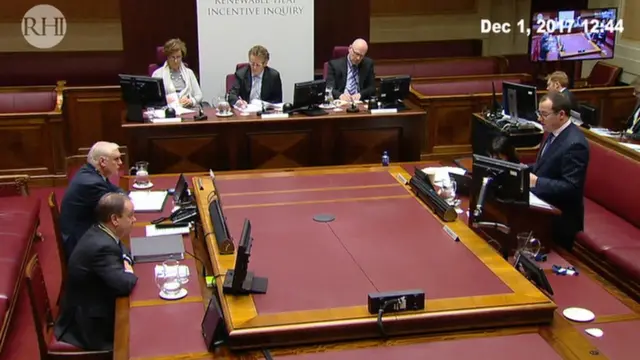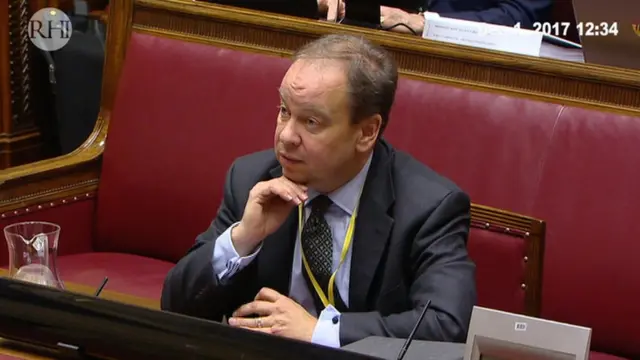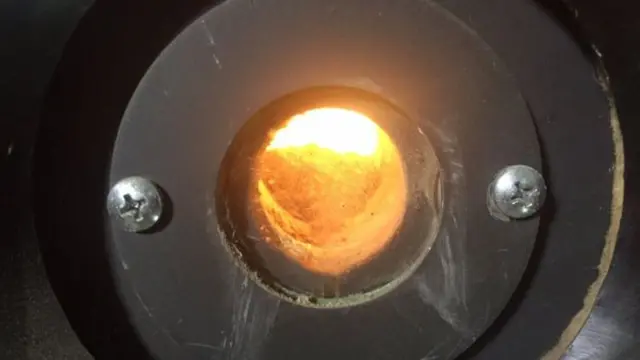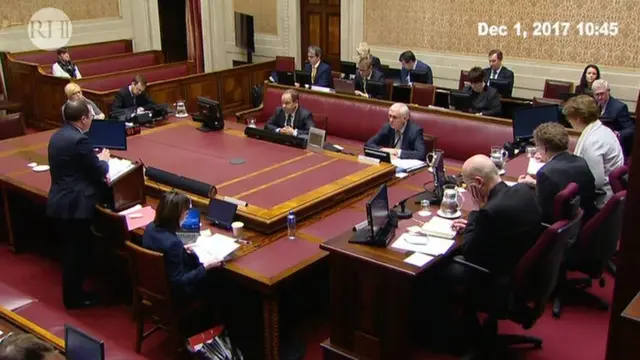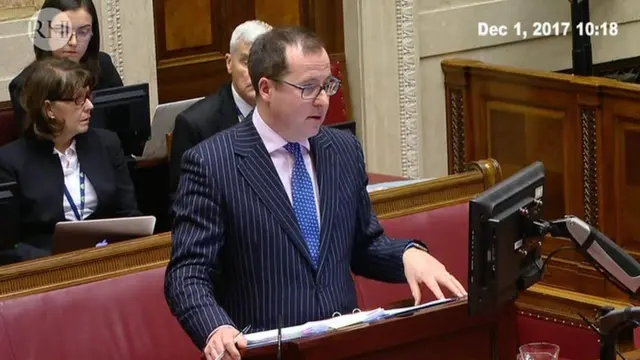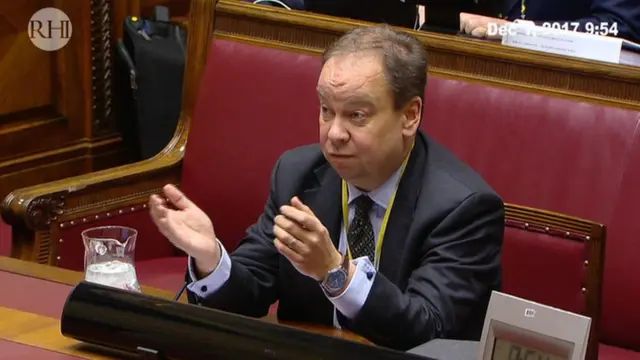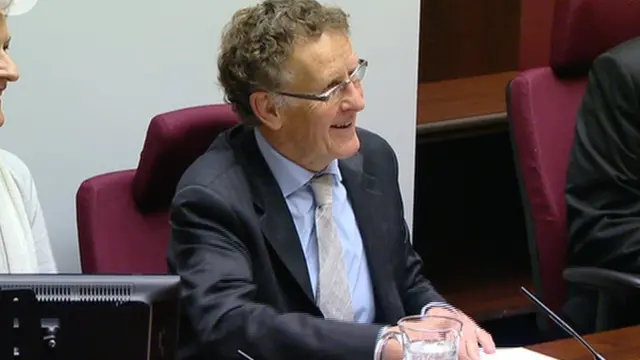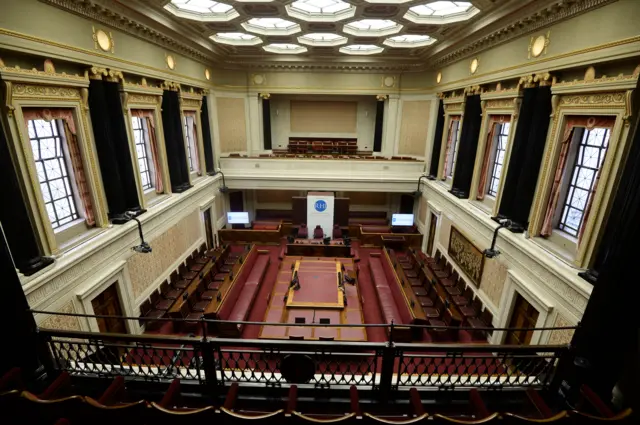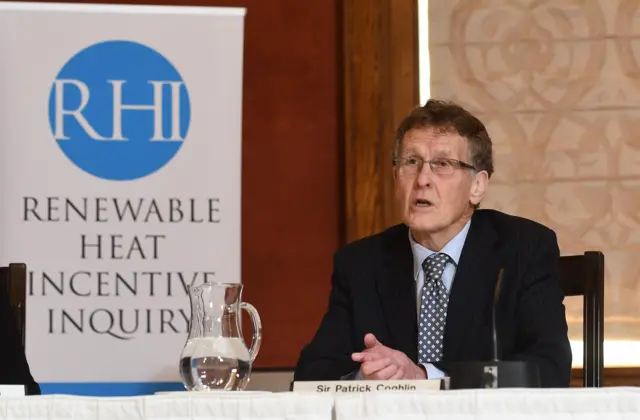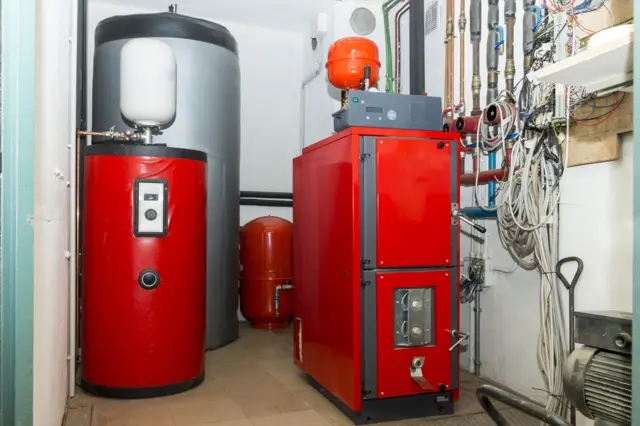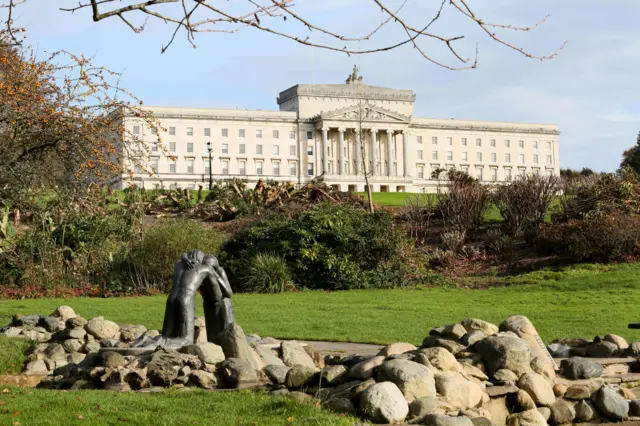That's all for this week...published at 13:22 GMT 1 December 2017
A busy week on the red benches draws to a close with a few questions from the panel, and Mr Cockburn is reassured that the inquiry does not need him to come back.
"I don't think Mr Cockburn wants to be back here next November or December for his third visit to the Senate chamber," jokes Mr Lunny.
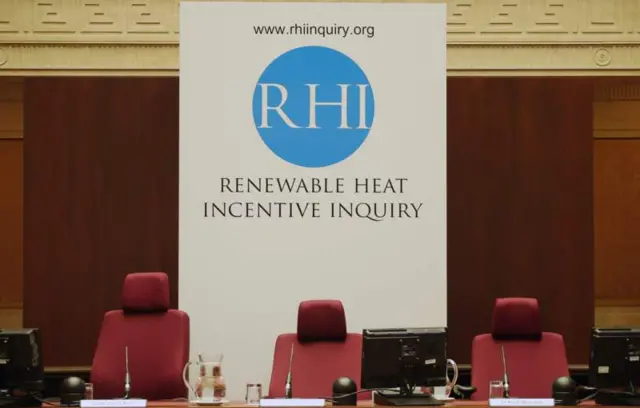 Image source, Press Eye
Image source, Press EyeJoin us again on Tuesday at 10:15 GMT for an evidence session with Department for the Economy officials.
Thanks for following our coverage - have a great weekend.

